HOME>NEWS CENTER>Newsletters
IFF Member Journal
TIME:2022-08-31
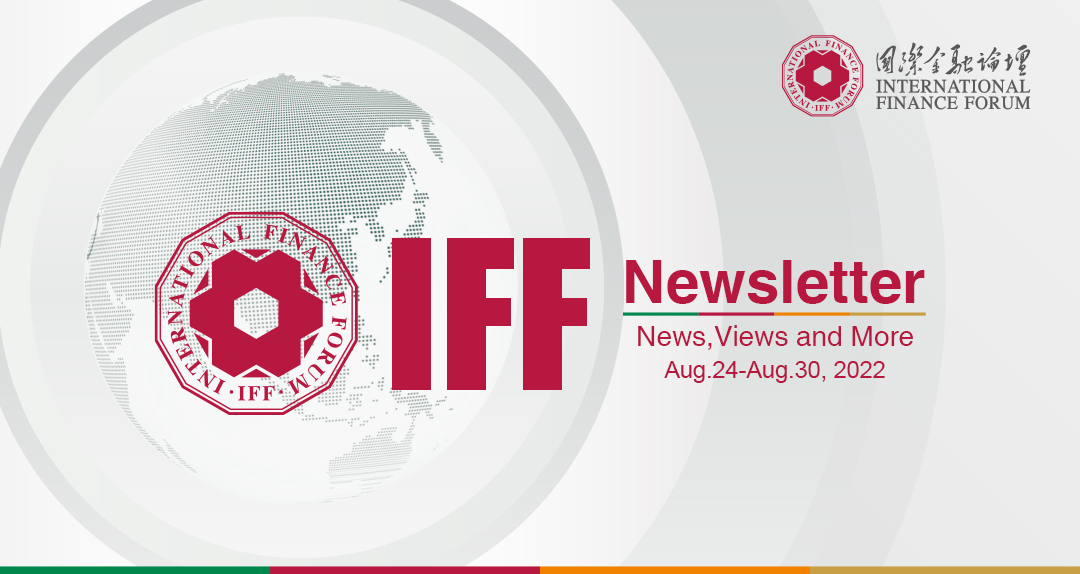
From the Editor
China pledged to step up measures to bolster economy in the second half of this year as growth momentum remained weak. Authorities have introduced a plethora of policy measures to boost the economy including a 10bln yuan fund for drought relief and grain production.
In a breakthrough deal, China and US agreed to share the accounting information of China’s US-listed companies. China and South Korea have also reached deal to deepen supply chain cooperation.
Europe braces for a difficult winter as energy crisis deepens, fueling inflation in Britain and the Euro zone. Inflation is also gnawing away at economies in Asia. Last week, South Korean central bank raised benchmark lending rate to curb inflation. IFF continues bringing you the latest China and international news and policy development.
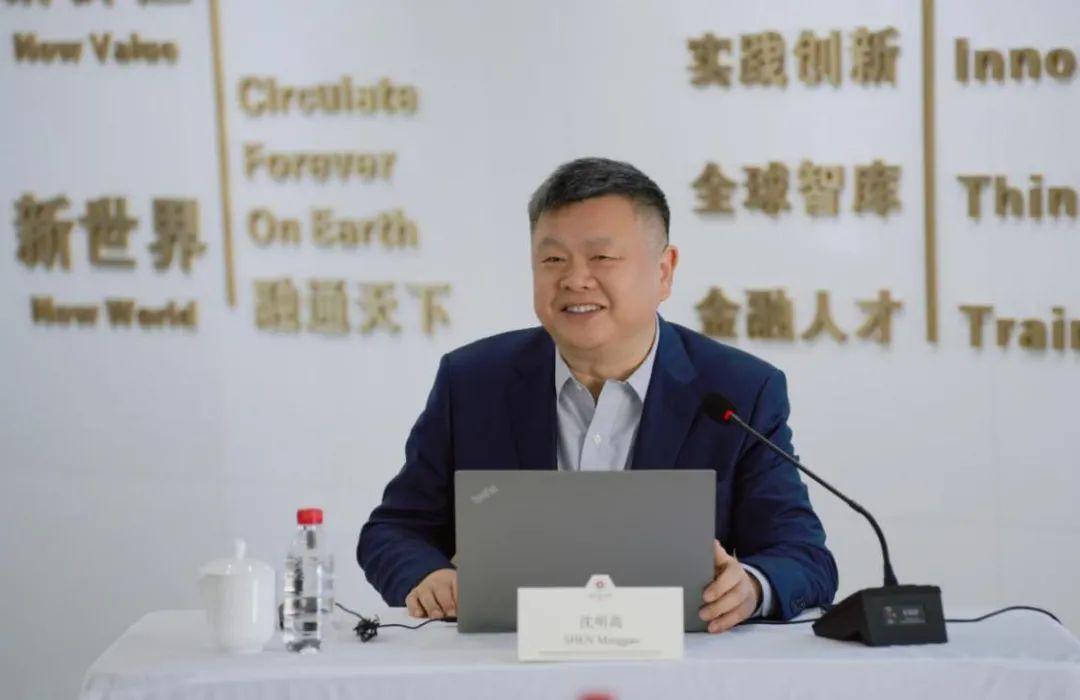
Guangzhou, Aug.29 - The fourth work report of the Greater Bay Area discussed on Monday the economic challenges and opportunities the Area faces.
In a keynote speech, GF Securities’ chief economist Shen Minggao said that maintaining the proportion of manufacturing in the total GDP of the Greater Bay Area presented the biggest opportunity and challenge for the Area.
The event was co-organised by the International Finance Forum (IFF), the Guangzhou Municipal Local Financial Supervision and Administration Bureau and the Development Administration Bureau of Guangzhou Nansha District.
Shen thinks the region’s manufacturing advantage is in downstream production. He added the Area’s competitive edge would hinge on whether it could switch to midstream production.
He thinks Shenzhen, given its leading role in technology and manufacturing, will have ample room for growth in the next decade.
Professor Fu Zhengping, who leads the Institute of Free Trade Zone of Sun Yat-Sen University, joined the discussion. Officials from Guangzhou Finance Bureau and Nansha Finance Bureau also attended the meeting.
It’s the fourth work report meeting initiated by IFF, which discusses the latest development of the Greater Bay Area.
The Guangdong-Hong Kong-Macau Greater Bay Area (Greater Bay Area) comprises Hong Kong, Macau as well as nine municipalities including Guangzhou, Shenzhen and Dongguan in Guangdong province. The Area’s GDP totaled $1.67 trillion in 2020. The development plan of the Greater Bay Area came into fruition in 2017.
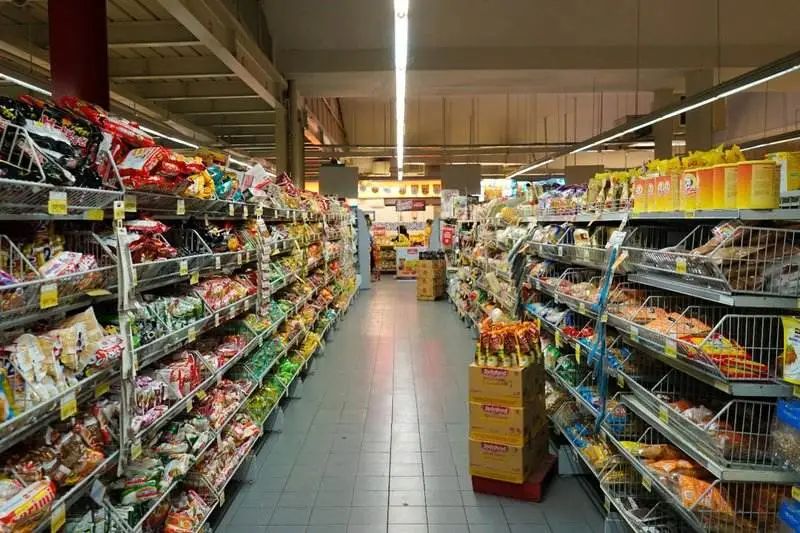
China’s Finance Ministry on Tuesday pledged to boost the economy by stabilising employment and prices in the second half of the year.
In a statement on its website, the Ministry of Finance vowed to implement “positive financial measures” to expand effective investment, boost employment and consumption.
The Ministry said it would tackle unemployment by issuing social welfare subsidies, providing loans for startups and tax reductions.
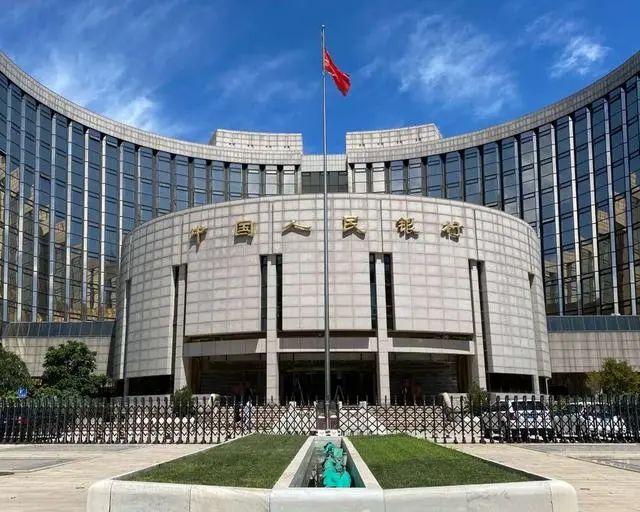
The People’s Bank of China on Friday admitted two foreign banks into its carbon reduction supporting tool while considering allowing more foreign finance entities into the scheme.
The Chinese units of Deutsche Bank and Societe Generale have been allowed to use the tool to get low-cost loans, the PBOC said in a statement.
The supporting tool, introduced by the PBOC, the National Development and Reform Commission and the Ministry of Ecology and Environment in November, allows China’s central bank to provide cheap loans for finance institutions to help firms cut carbon emissions.

China and US reached an agreement to allow US auditors to get more information about the finances of China’s US-listed companies from their Chinese accountants, China’s securities regulator announced on Friday.
China Securities Regulatory Commission (CSRC), China’s Ministry of Finance and the Public Company Accounting Oversight Board (PCAOB) in the US signed a deal on Friday to allow the American regulator to inspect and investigate accounting firms of Chinese companies listed in the US stock exchanges.
More than 280 Chinese companies are listed in the US and more than 30 Chinese accounting firms are registered with the PCAOB, a nonprofit set up by the US Congress to oversee audits of listed companies.
According to the agreement, inspectors from the PCAOB will gain access to the accounting details of Chinese firms via its Chinese counterparts and the Chinese regulators will be present during investigations by the PCAOB.
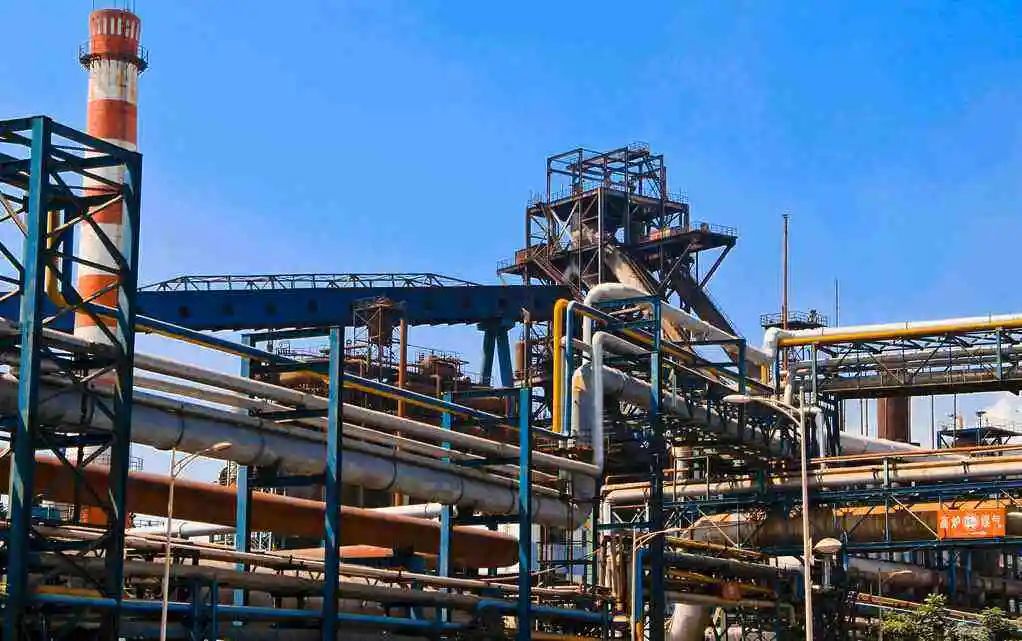
Profits of industrial firms in China dipped by 1.1 percent in the first seven months of 2022, data from the National Bureau of Statistics on Saturday showed.
The private sector and companies with foreign investment including that of Hong Kong and Taiwan had the biggest drop in profits in the first seven months, down by 7.1% and 14.5% respectively.
The industrial profit data covers large firms with annual revenues of over 20 million yuan ($3 million) from their main operations.
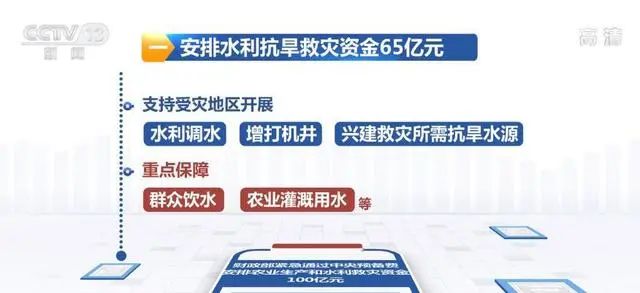
China's Ministry of Finance on Friday earmarked 10 billion yuan central reserve funds to support drought relief and the production of autumn grain.
Some 6.5 billion yuan of the funds will be used for water conservancy and drought relief.
Another 3.5 billion yuan will be designated for autumn grain production.The funds also includes subsidies for fertilisers.
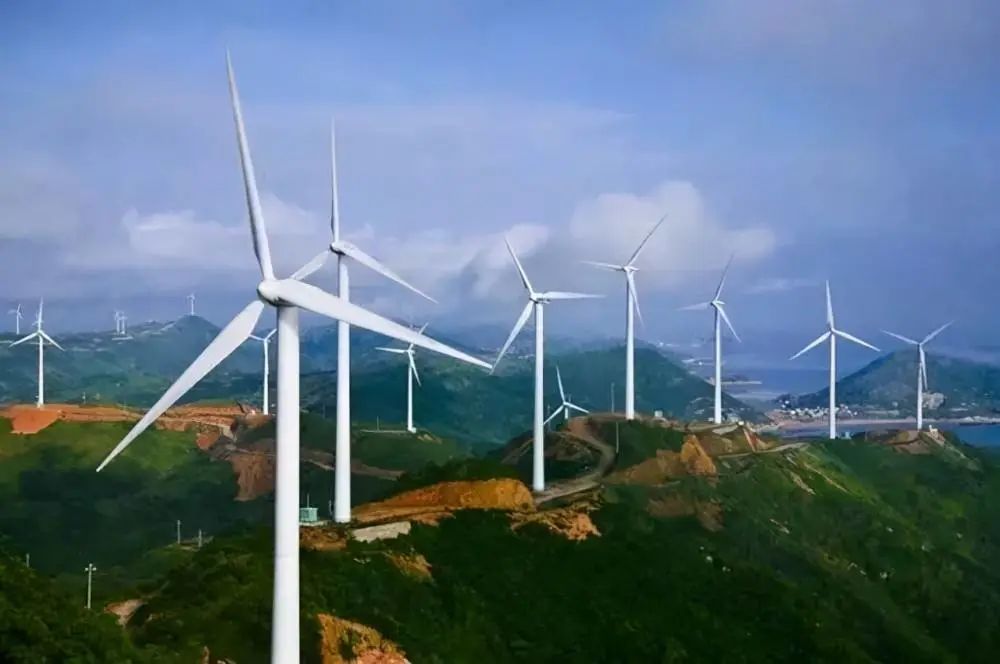
China is building wind and solar facilities that could generate 100 million kilowatt, according to the National Energy Administration.
Li Chuangjun from China’s National Energy Admistration said China is building five offshore wind farms off the coasts of Shandong province, the Yangtze delta, Fujian province and the Gulf of Tonkin in South China. The wind farms are set to generate more than 20 million kilowatt of electricity.
China’s total renewable energy consumption is to reach 1 billion tonnes of standard coal equivalent by 2025, the National Development and Reform Commission said when announcing the country’s new “five-year plan” for the renewable sector.
Renewable energy would account for more than half of new energy consumption growth from 2021 to 2025, the NDRC said.
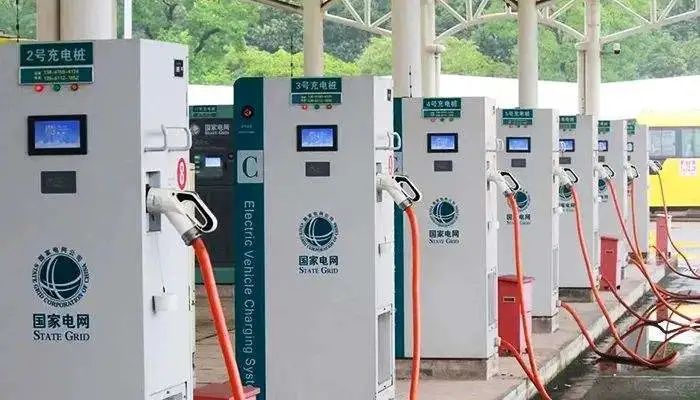
China is to build more charging facilities along its highways for 20 million electric vehicles by 2025, the country’s Ministry of Transport said on Thursday.
The ministry said China is expected to deploy charging facilities to all highway service areas except those in high-altitude regions by the end of 2022.
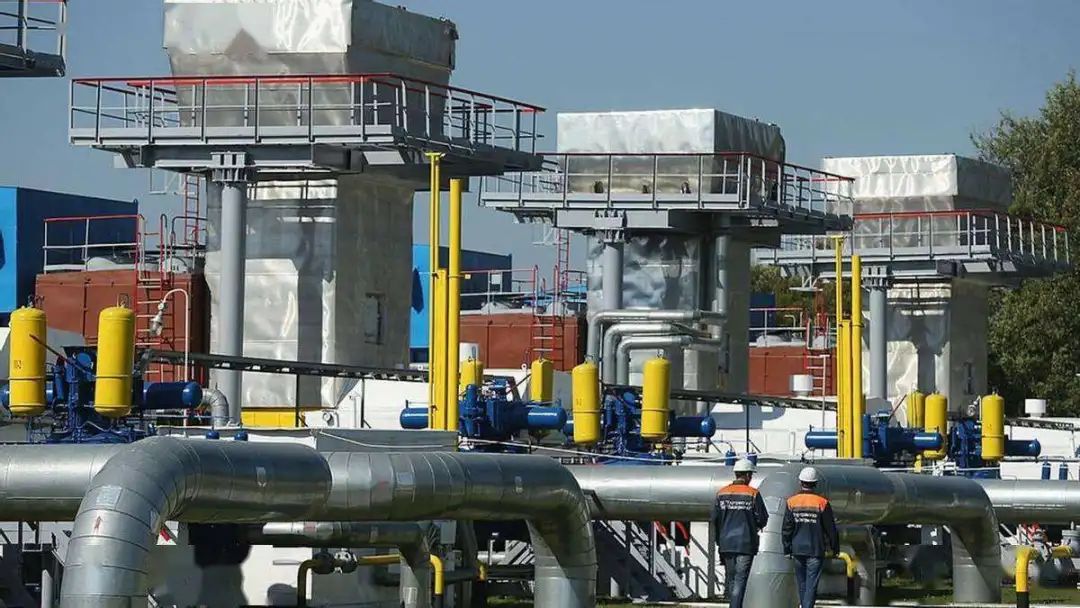
Britain’s energy regulator, Ofgem, hiked the energy price cap by 80% from October as German consumers brace for even bigger energy bills.
Ofgem’s announcement came as Britain’s inflation hit 40-year high of 10.1%.
As war in Ukraine rages on, energy prices continue to rise in Europe, sending inflation skyrocketing.
The continent’s biggest economy, Germany has approved a set of energy-saving measures for the winter in a bid to reduce gas usage by 2%.
The country got more than 50% of its gas from Russia but it has reduced that to 35%, according to the BBC.
Russia, meanwhile, has cut gas supply to Germany via Nordstream 1 pipeline to 20% of capacity.
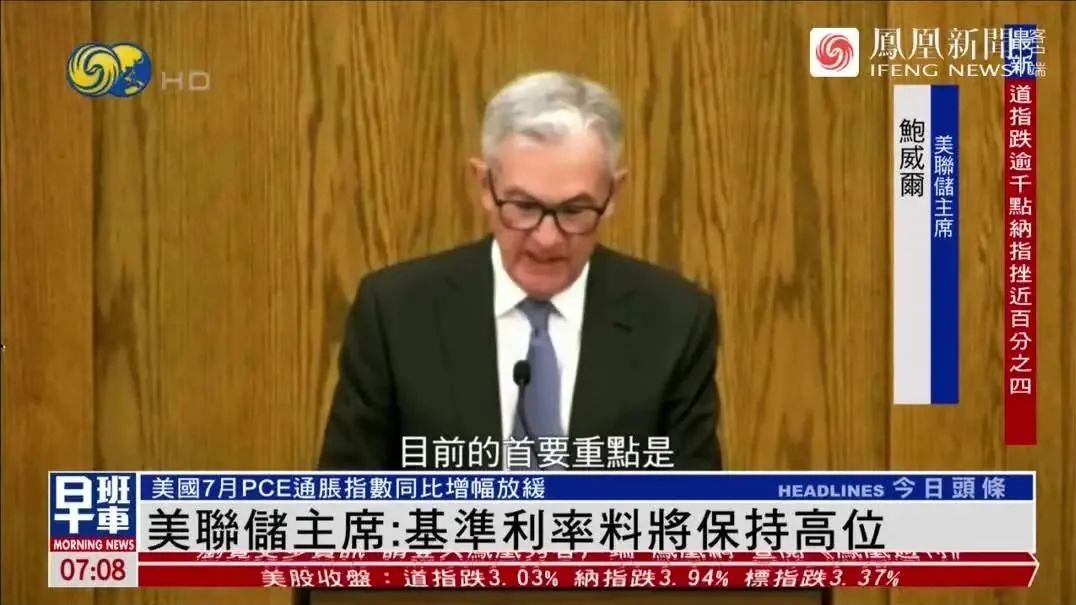
US Federal Reserves Chairman Jerome Powell warned of “below-trend growth” and weaker job market in a speech on Friday as he signals more rate hikes ahead to rein in inflation.
Powell’s speech sent stock prices plunging in Wall Street with all three benchmarks down by more than 3%.
“We are taking forceful and rapid steps to moderate demand so that it comes into better alignment with supply, and to keep inflation expectations anchored. We will keep at it until we are confident the job is done,” said Powell in a speech at the the Federal Reserve Bank of Kansas City’s annual conference near Jackson, Wyoming.
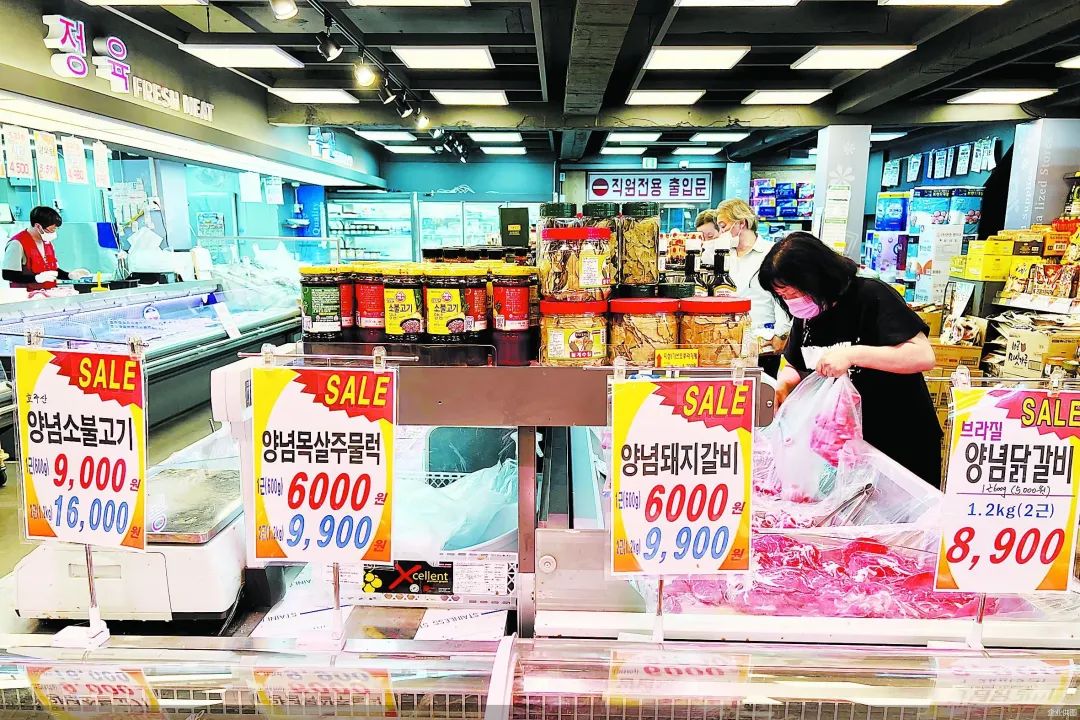
South Korea’s central bank lifted its benchmark lending rate by a quarter percentage point to 2.5% on Thursday.
Bank of Korea raised the Base Rate, the country’s benchmark lending rate, from 2.25% to 2.5% to fight high inflation, BOK said in a statement.
“Consumer price inflation has remained high in the 6% range due to the accelerating price increases in agricultural and person services,” BOK said in a statement.
South Korea’s inflation neared a 24 year high of 6.3% in July, the fastest pace since November 1998 when inflation stood at 6.8%.
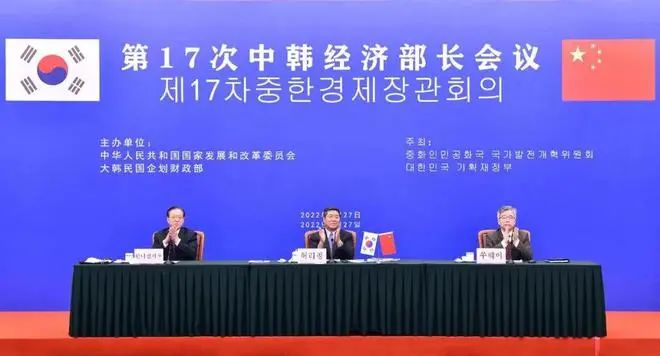
South Korea and China signed a memorandum of understanding (MOU) on supply chains and pledged to deepen economic cooperation, according to Yonhap news agency.
The two countries signed the agreement during the 17th Korea-China Meeting on Economic Cooperation held virtually between South Korean’s Finance Minister and the head of China’s National Development and Reform Commission (NDRC), the country’s top economic planner.
China and South Korea agreed to boost cooperation in the industrial and supply chains. South Korea relies heavily on China for supplies of raw materials and industrial items, according to Yonhap.
